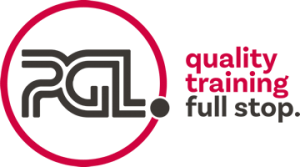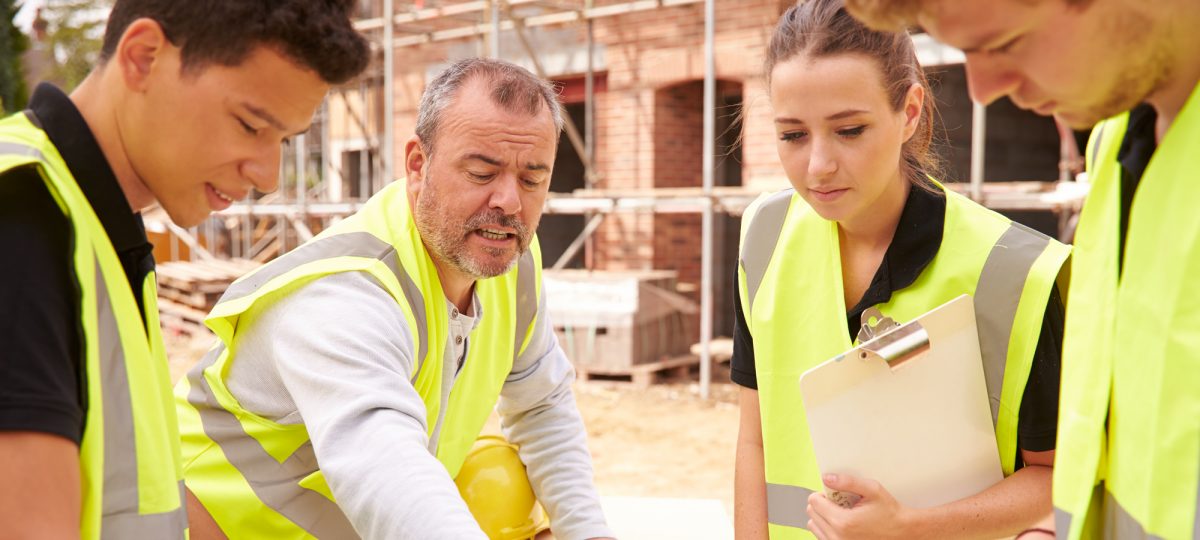How To Become A Qualified Assessor
Welcome to our June 2023 Blog
This month’s Blog focuses on being an assessor. Trying to find out how to become an assessor can be complicated and hard work. Like every subject, we can expand on the topic in great detail but we’ve summarised the key points for now – Have a read:
What Is An Assessor?
An assessor will support and assess learners that are working towards a qualification such as a National Vocational Qualification (NVQ) such as NOCN – Level 6 NVQ Diploma in Occupational Health and Safety Practice, Regulated Qualification Framework (RQF) like Qualsafe First Aid at Work or an Apprenticeship. Essentially, qualified assessors can pretty much assess any qualification as long as they themselves are competent.
What Is The Role Of An Assessor?
Most assume an assessor will just assess learners to an Occupational Standard and nothing more. However, just like other occupations there’s more to consider. Such as planning assessments, observing assessments, writing up evidence, providing feedback and advice to learners and working closely with providers and clients. Assessors must also abide by statutory legislation such as data protection and safeguarding whilst staying abreast of changes across the qualification framework.
What is an Occupational Standard?
Occupational Standards (OS) are statements of performance that describe what competent people in a particular occupation are expected to able to do. Fundamentally, they are a benchmark for competence decided by industry practitioners.
Do I Need A Qualification To Be An Assessor?
Yes! And there’s many, including older variations such as D32/33, A1/A2, TAQA to the most up-to-date recognised qualification known as CAVA (There are more). We’re going to briefly explain the Level 3 Certificate in Assessing Vocational Achievement in this blog. This is a 3-unit qualification that would qualify you as an assessor and is recognised by all Awarding Bodies. It combines a mixture of technical and practical application obtainable by any aspiring assessor.
How Can I Become An Assessor?
Our 3-step process should clear this up for you.
- Step One – Ask yourself, what am I occupationally competent in and what kind of qualifications do I currently possess and would you like to assess? For example, are you an experienced Site Manager who holds a recognised qualification? If you answered yes, then you would be ideal to assess Supervisors and other aspiring Site Managers to achieve their relevant NVQ such as NOCN – Level 6 NVQ Diploma in Construction Site Management – Building and Civil Engineering
- Step Two – Attend and successfully achieve a recognised assessor qualification. This will ensure you have a recognised qualification to go with step one. What does the course consist of? See our information and link below 😊
- Step Three – Draft that CV, fill it with verifiable career achievements and apply for an assessor position, either full-time or freelance.
How Does It Work Though?
Once you gain a credible assessor qualification you will be able to support a range of educational establishments such as Independent Training Providers (ITPs) and Colleges to assess their learners for an array of qualifications. Providing you have the qualification and necessary competence you would be registered under the chosen provider to assess their learners against a set of Occupational Standards whilst compiling evidence for a portfolio. Once the assessor is satisfied that all criteria is evidenced to the required standards the portfolio will then be submitted for Internal Qualification Assurance and verified. Every centre may work slightly different, which is why you’ll be expected to attend a standardisation meeting.
What Is A Portfolio?
A portfolio is a collection of evidence and documentation amassed by the learner and assessor towards the intended qualification. It may be manual (hardback) or electronic, often called an e-portfolio.
What Is A Standardisation Meeting?
A standardisation meeting is held to discuss qualification requirements, changes in standards, assessing and verification methods, internal processes, external processes, improvements or best practice. Often held quarterly and recorded in the way of minutes.
What Methods Of Assessment Are There?
The most suitable description would be holistically on a case-by-case basis. Everyone is different right? Therefore, assessing methods may include a combination of visual observations, professional discussions, paper-based evidence, telephone and video calls, Q&A, witness testimonials and more. It must be authentic and valid.
Is Assessing Conducted In A Classroom Or Workplace Environment?
This is a good question. Typically, assessing is carried out in the workplace whilst learners are conducting their work, but some evidence can be accumulated in a classroom environment. Assessment may take place on site, remotely or a combination of both depending on the qualification.
Do Assessors Work Independently Or For Training Providers?
Absolutely not. In fact, more and more organisations are building their own internal training and assessing capability to sustain their demands and needs. Many organisations now directly employ assessors to support their competency framework. Sometimes, they’re not assessing against external standards but their own internal competency framework standards.
Are You Interested In Becoming An Assessor?
PGL Midlands run courses throughout the year. Our next courses are scheduled for 28 Sept 2023 & 6 Dec 2023. Click HERE for more information.
Or if you would you like more info please give us a call on 0121 240 0375 or email info@pglmidlands.com
Assessor 2 Assessing Programme (A2AP)
If you enroll on an assessor course with PGL the support doesn’t stop there. We will actively support you via our own centre for freelance assessing work and with other centres of whom we have a relationship with and are also looking for credible qualified assessors. This is known as our Assessor to Assessing programme. We have two wonderful organisations already signed up to support our programme and we expect many more.
With a CV & CAVA Qualification we’ll support you in becoming accredited with Awarding Bodies such as Proqual Ofqual Approved Learning and Qualifications for Training Providers ProQual AB and NOCN Who we are – NOCN



